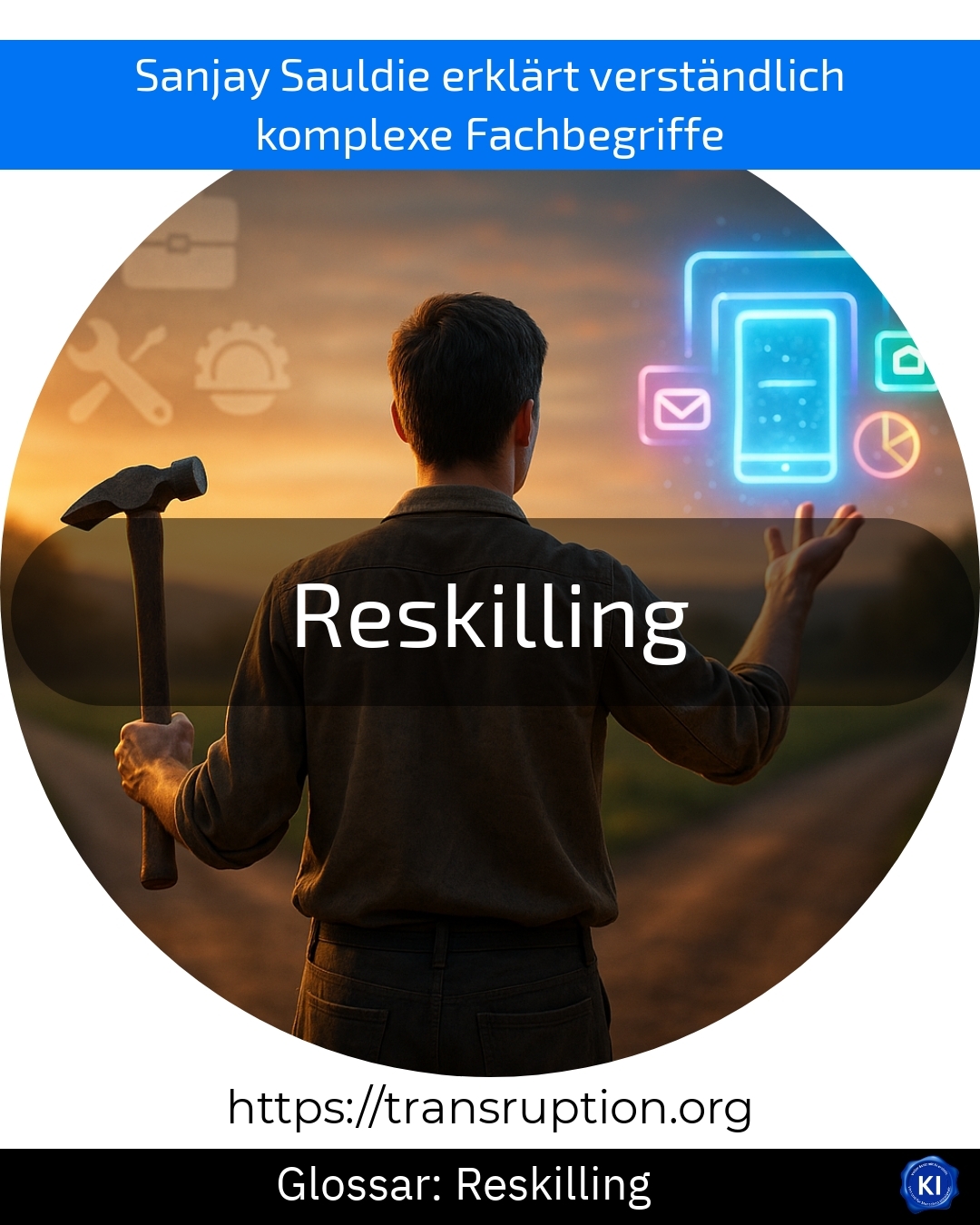Reskilling is particularly relevant to the areas of digital transformation, HR work and teams, and artificial intelligence. In our increasingly digitalised working world, reskilling means that employees learn new skills in order to keep pace with the rapid changes. The aim is to prepare people for new tasks or professions that arise as a result of technological change.
A typical example: In a company that previously relied mainly on manual labour, part of the production process is now being automated. This eliminates some activities, but the company suddenly needs more experts to control and maintain the machines. The employees whose old jobs have been eliminated can learn how to operate the new machines or take on simple maintenance tasks as part of a reskilling programme.
Reskilling is not only an advantage for the individual, but also for companies. This means that qualified specialists can be retained and expensive new hires can be avoided. At the same time, reskilling boosts motivation because employees realise that they are still in demand in the digital world.















